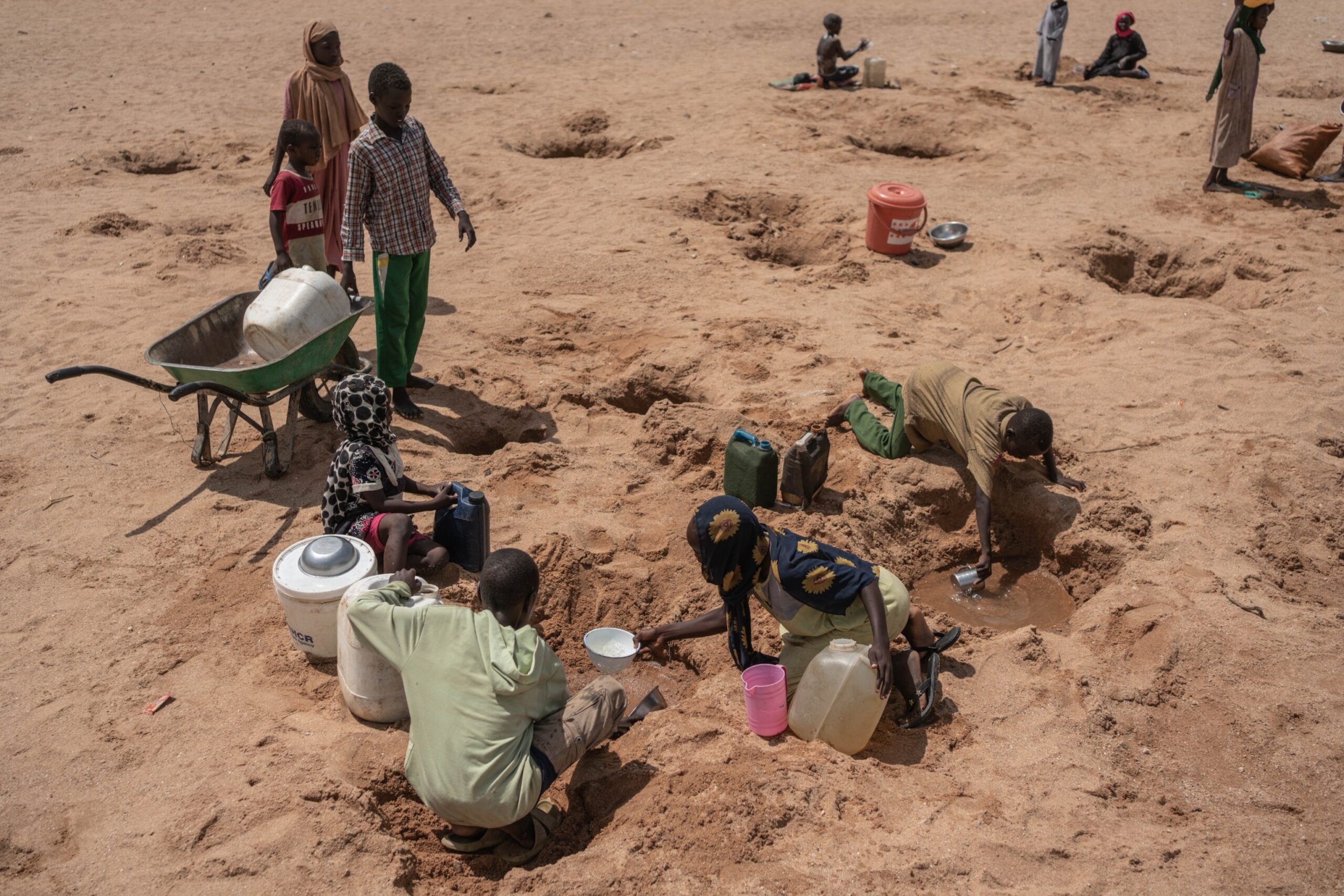—
A staggering nearly eight million individuals have been uprooted by the relentless conflict engulfing Sudan, as reported by the United Nations, signaling a dire need for increased aid to address this escalating humanitarian crisis.
This alarming situation was highlighted by the UN High Commissioner for Refugees after High Commissioner Filippo Grandi’s recent visit to Ethiopia, a primary refuge for those fleeing the violence.
With a substantial funding gap looming, the UNHCR is scrambling to meet the growing needs of the displaced.
Since the conflict intensified in April 2023, Ethiopia has become a sanctuary for over 100,000 escapees from Sudan, including approximately 47,000 refugees and asylum seekers, adding to the 50,000 Sudanese refugees already residing there.
During his assessment, Grandi emphasized the critical need for “urgent and additional support” to adequately provide for the displaced, commending the Ethiopian government and UNHCR’s joint relief efforts.
The crisis has also seen a significant influx of refugees into five other neighboring countries, with Chad witnessing over half a million arrivals since April alone.
South Sudan is currently seeing an average daily arrival of 1,500 people.
With the conflict now affecting nearly half of Sudan’s population of 49 million, the demand for humanitarian assistance is overwhelming.
Although reports indicate that 12,000 lives had been lost by the end of 2023, it is feared the actual death toll may be considerably higher.
The origin of this turmoil dates back to last April, when simmering tensions between Sudan’s military forces and the paramilitary Rapid Support Forces escalated into open conflict across Khartoum and beyond.
This violence is but the latest chapter in a longstanding conflict that began in 2003, rooted in accusations of discrimination and neglect by the then-government against the region’s ethnic sub-Saharan African community.
Efforts by the international community to mediate peace have largely failed to quell the unrest, which has claimed up to 300,000 lives and displaced 2.7 million people over two decades.
In Khartoum, the epicenter of the conflict, life has become untenable for many residents due to the RSF’s dominance and the resultant widespread destruction caused by military actions.
Despite the risks, some residents remain either too impoverished to leave or are deterred by fears of their properties being looted in their absence.
Ethiopia, meanwhile, continues to bear the burden of hosting one of the world’s largest populations of refugees and internally displaced persons, with nearly one million seeking refuge within its borders.
However, the UNHCR’s call for financial support has so far been met with insufficient funds, leaving its programs in Ethiopia severely under-resourced.
Looking ahead to 2024, the agency estimates that $426m will be required to sustain its response efforts in Ethiopia, highlighting the ongoing challenge of addressing one of Africa’s most pressing humanitarian crises.
